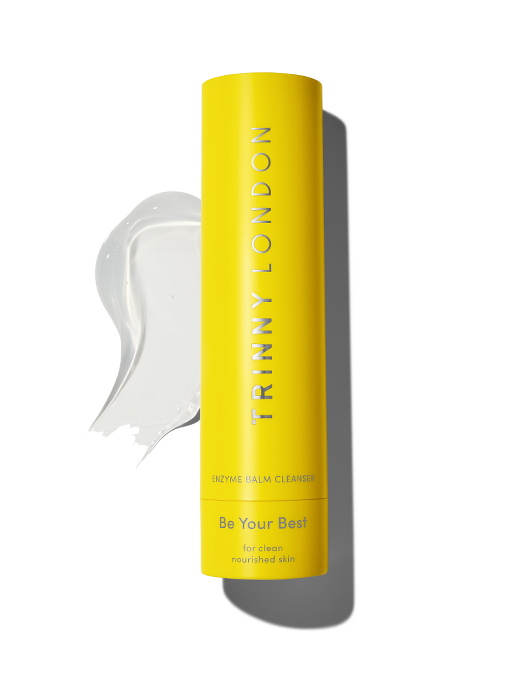
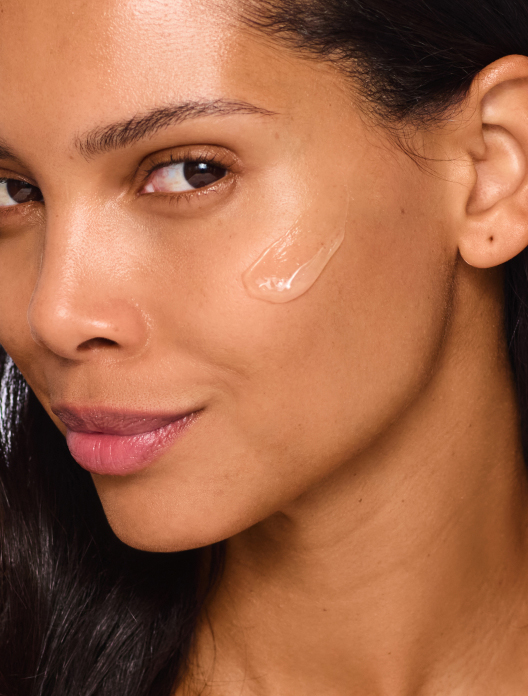
Be Your Best
Dieser Reinigungsbalsam auf Ölbasis schenkt dir saubere, gepflegte Haut und ist für alle Hauttypen geeignet

Pollution is not only bad news for the planet, but our skin too. Things like cigarette smoke, exhaust fumes and heavy metal emissions from fuel all contribute and are hard to avoid if you live in a bustling city. Although the risk isn’t quite so high in more rural areas, remember, larger vehicles like tractors, can emit a large amount of pollution too.
Skin is our barrier to the outside world, but it’s not completely infallible. Air pollution is made up of chemicals and tiny particles, which are small enough to make their way into the skin. Once the pollution has snuck in, it can….
The skin barrier is responsible for keeping all the good stuff, like oil and water, in and keeping the bad stuff, like pollution, out. Unfortunately, exposure to pollution can damage the skin barrier, weakening its functions. With the skin less able to hold onto moisture, it becomes dry and uncomfortable. Pollution is more easily able to make its way in too, causing inflammation and aggravating inflammatory conditions like eczema and psoriasis.
Pesky pollution causes stress in the skin, sending the melanocytes (the cells that create the pigment melanin that gives skin its colour) into overdrive. The melanocytes start making more pigment than the skin needs, leading to sunspots.
Ever wiped a cotton pad over your face at the end of a busy day in the city and looked at what came off? Alongside the expected debris of a day’s worth of makeup, there’s daily grime to contend with too. And of course, most of the pollution that’s damaging our skin is invisible to the naked eye – so this visible grime is only part of the problem. Without proper daily cleansing, this can build up in our pores, causing congestion and breakouts.
Pollution generates free radicals, unstable molecules that damage healthy cells. Free radicals are bad news for the collagen and elastin in the skin, breaking them down way ahead of schedule. This process causes skin to lose its plumpness and develop fine lines and wrinkles much earlier than it would have previously.
Not content with robbing our skin of bounce, free radicals can also dull our complexions. Skin can develop a grey-ish tone, with luminosity lost.
Ultimately, the more exposure skin has to pollution and free radicals, the harder it has to work to fight them off. Picture pollution as the waves, and your skin as a cliff surface. The more waves that crash into the cliff, the more the cliff will mark, weaken and begin to break down.
But, never fear, there are things you can do to city-proof your skin and minimise the side effects of pollution:
Cleansing away pollution is really important. Double cleanse to first remove surface-level makeup and dirt, before using your second cleanse to give your pores a good clear out.
If free radicals are the bad guys, then antioxidants are the heroes. These vitamins and minerals intercept free radicals, stopping them from damaging healthy cells. Applying a serum that contains antioxidants (like vitamin C) in the daytime will give skin an additional layer of protection – just like wearing a waterproof coat on a rainy day.
Compared to exfoliators and serums moisturisers can feel like the least exciting part of our skincare routine, but they play a crucial role in tackling pollution. A good moisturiser will nourish and hydrate the skin, as well as support the skin barrier to help it defend itself.
Although not strictly pollution, UV can affect skin in very similar ways. Take a two-pronged approach to protecting your skin and slather on a dedicated SPF of at least factor 30 every day. You’ll notice the difference over time.
Shop the article


Dieser Reinigungsbalsam auf Ölbasis schenkt dir saubere, gepflegte Haut und ist für alle Hauttypen geeignet
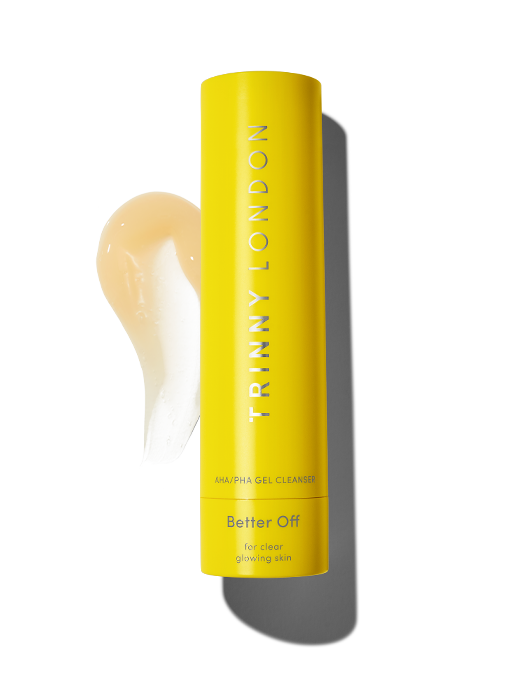
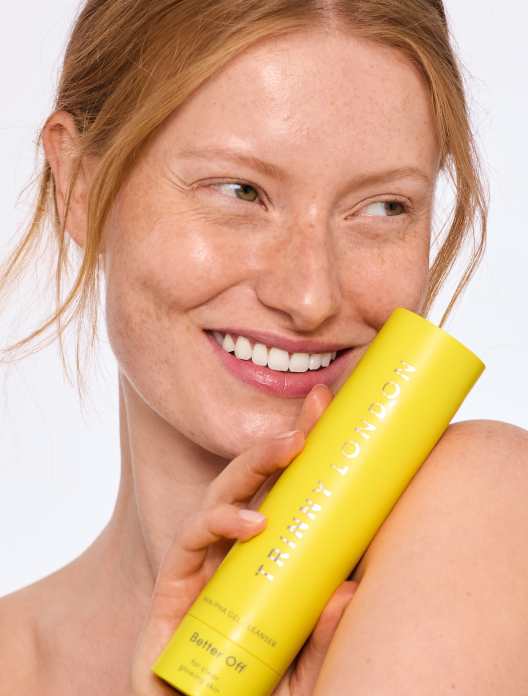
Dieses peelende Reinigungsgel für klare und strahlende Haut ist für alle Hauttypen geeignet



 5 Farbtöne
5 Farbtöne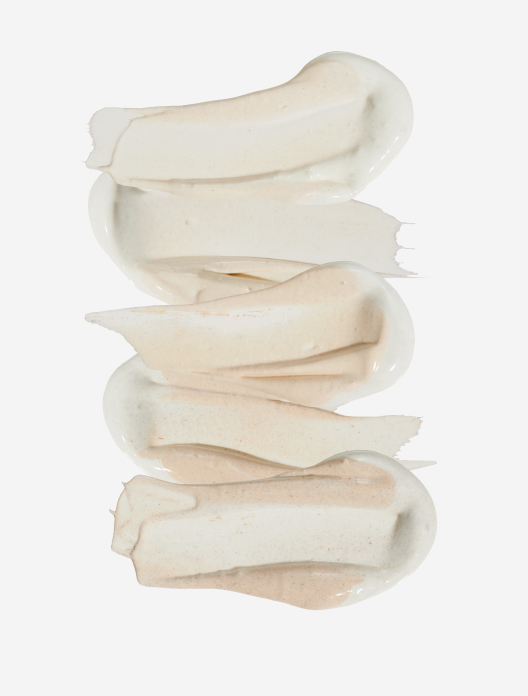
SPF 30 Hautperfektionierer pflegt die Haut und sorgt für gesunden Glow
Farbton auswählen
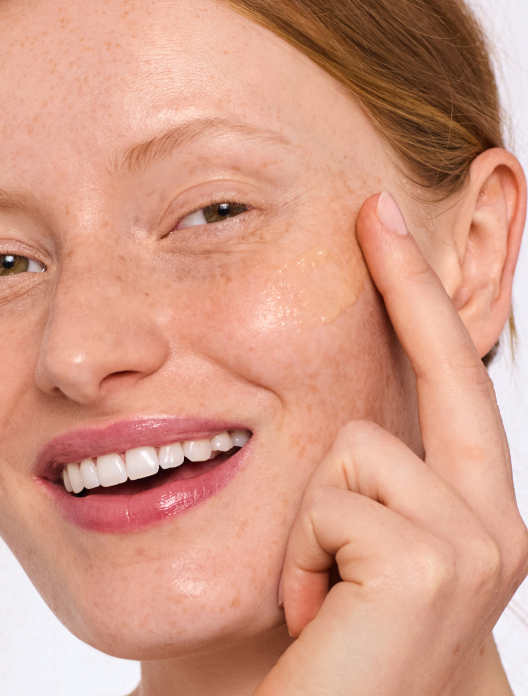
Unser 30 % Vitamin C Serum schenkt sofortigen Glow, erhöht die Strahlkraft der Haut und ist nur für erfahrene Hautpflege-Fans (nicht für sensible Haut) geeignet
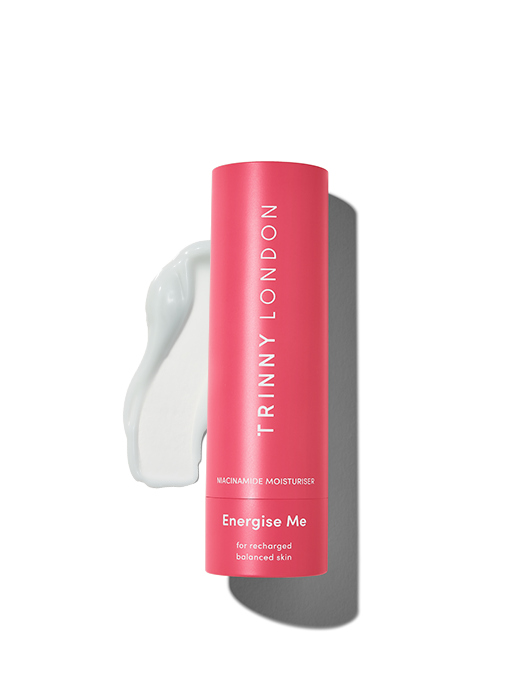
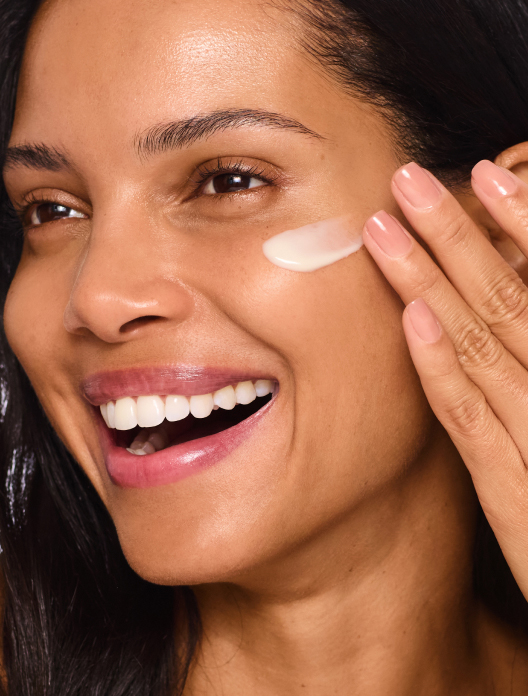
Niacinamid-Feuchtigkeitscreme für geklärte, revitalisierte Haut, für normale bis fettige Haut geeignet
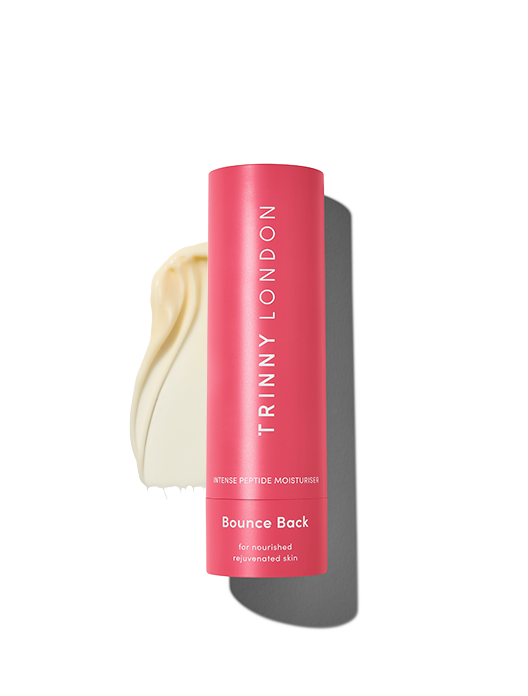

Intensive Peptid-Feuchtigkeitscreme für pralle, elastische Haut, für normale bis trockene Haut geeignet